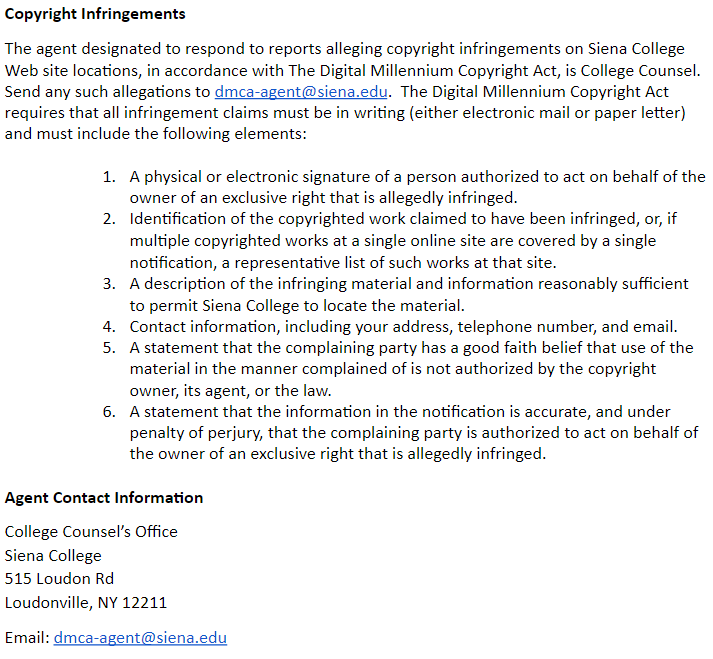- Avoid using peer-to-peer and other file sharing software. » Learn more
- Use Legal Alternatives: including pay-per-song, subscription, and streaming. Note, free doesn't mean illegal, and not all paid services are legal.
- Disable outbound sharing - If you still use peer-to-peer or other file sharing software, configure it to NOT automatically share the files on your computer. If configured improperly, malware (viruses), spyware, or identity theft could await you. » Learn how
- Loaning your computer - If the machine connected to the network is registered to you, you'll be the one contacted during an incident.
- Ask - the software company in question, the RIAA, a lawyer, or contact us. We're not lawyers, but we'll give you our best opinion.
- Educate yourself - Learn how peer-to-peer (P2P) software works and how the software can be used to illegally pirate music and movies by infringing on copyrighted works, and then avoid it.
- Recognize the Difference - Services that provide music legally will not usually have confusing warnings and should also have documentation available proving that their service doesn't violate copyright.
- Get permission to share - Confirm that the distributor of a file you are interested in downloading has permission from the copyright holder to distribute it.
Copyright Infringements as Covered by the DMCA
